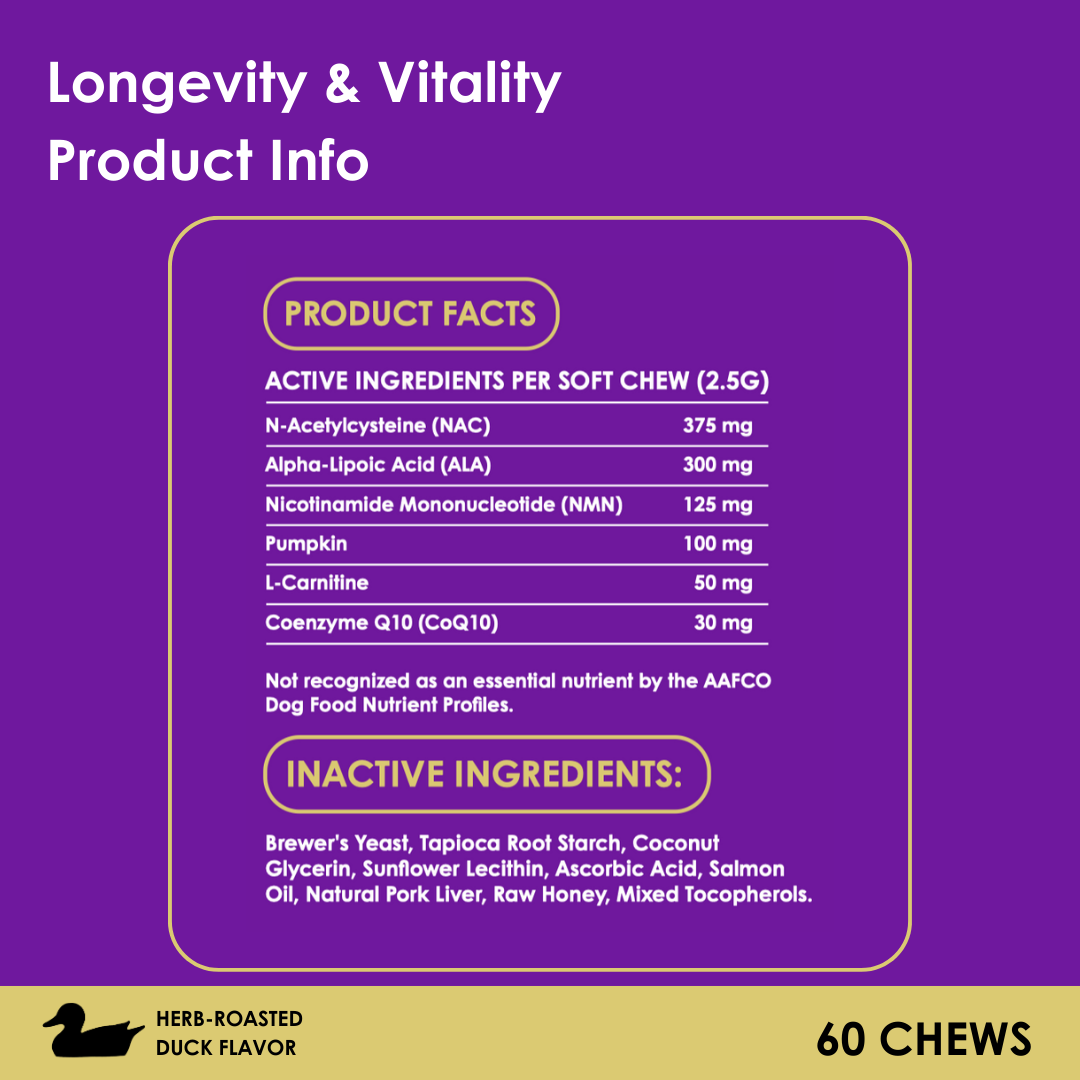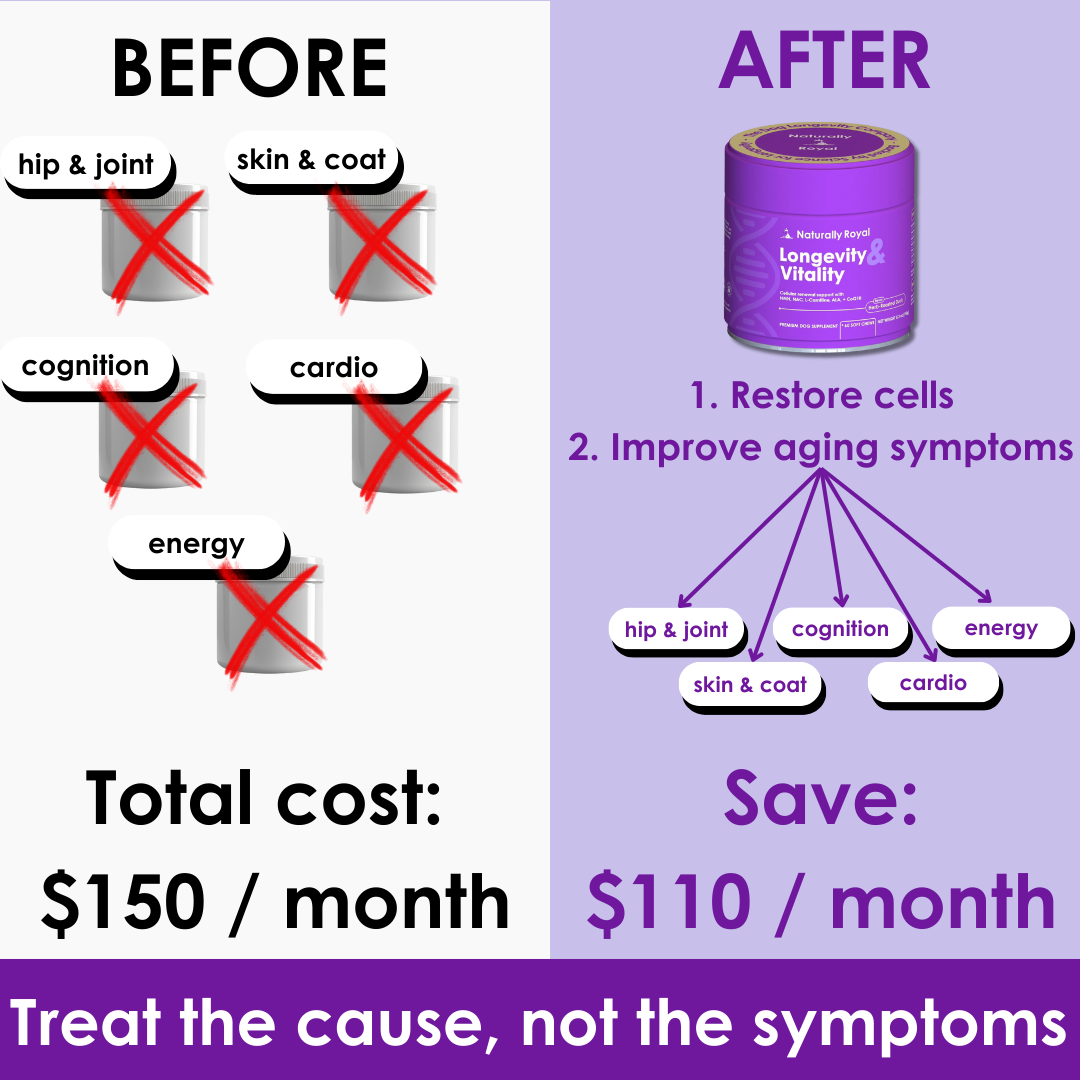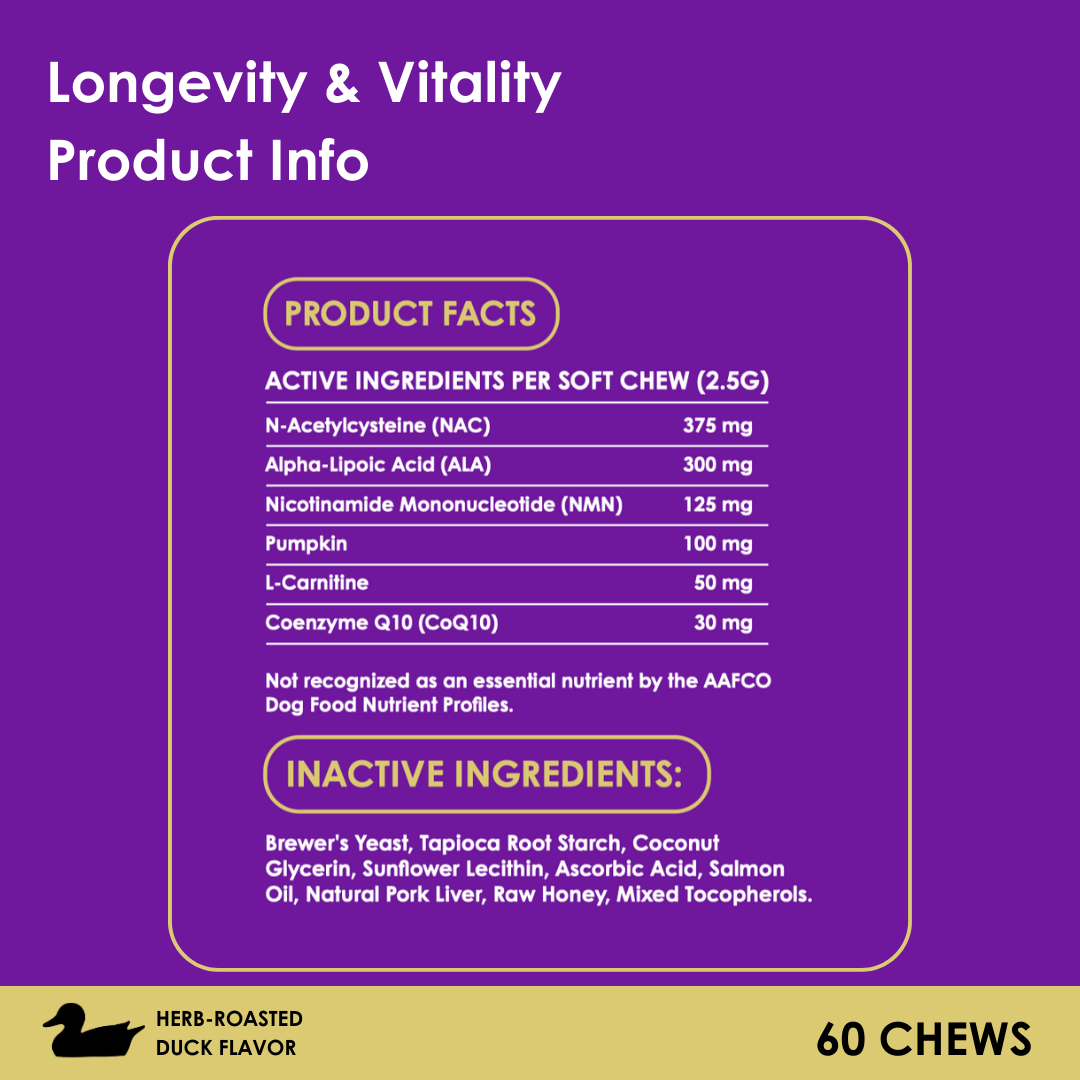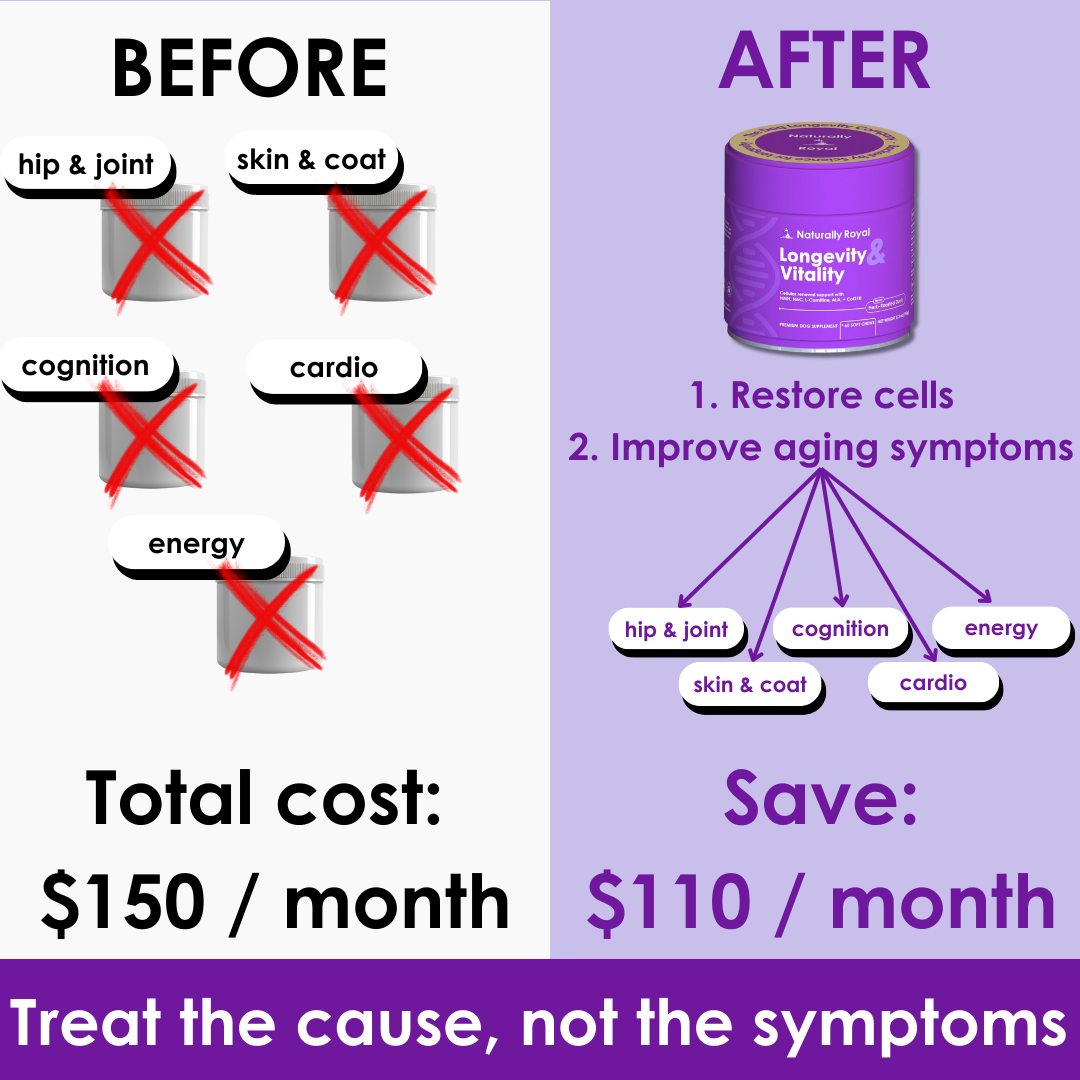The Importance of Weight Management
It's hard to believe how quickly time flies, especially when you think back to when your dog was just a playful, furniture-chewing puppy. As they grow into steady and wise adult dogs, it often feels like it happens in the blink of an eye. While we can't press "pause" on our dogs' aging, there is significant evidence that we can influence their lifespan by managing their weight. Let's go over the impact of obesity, how weight management can enhance our dogs' quality of life, and some steps for effective weight management:
The Impact of Obesity on Lifespan
According to a comprehensive study by the University of Glasgow, which followed 48 Labrador Retrievers, there's a noticeable difference in lifespan based on weight. Labradors that maintained a healthy weight lived an average lifespan of 13 years, which is 1.8 years longer than their overweight counterparts. This is a compelling argument for the importance of weight management in dogs.
Obesity in dogs is linked to a host of health issues that not only decrease their lifespan but also their quality of life. Here are some of the conditions associated with excess weight in dogs:
- Diabetes Mellitus: Obesity increases the risk of diabetes, a serious condition that can require lifelong management.
- Orthopedic Disease: Conditions like arthritis and hip dysplasia are exacerbated by excess weight, leading to pain and mobility issues.
- Cardiorespiratory Diseases: Overweight dogs often suffer from conditions like hypertension and laryngeal paralysis, which can severely impact their breathing and overall stamina.
- Urinary Disorders and Cancers: Excess weight can lead to a higher risk of diseases like bladder cancer and other neoplasias.
- Skin Diseases and Other Health Risks: Overweight dogs are more prone to skin diseases and have higher risks during surgeries due to anesthetic complications.
Enhancing Quality of Life Through Weight Management
Managing your dog’s weight does more than just extend their lifespan—it significantly improves their day-to-day quality of life. Dogs at a healthy weight:
- Are less prone to chronic illnesses and the need for extensive medication.
- Experience fewer aches and pains, remaining more active and playful.
- Are more alert and engaged with their environment, enhancing their interactions with family and promoting more bonding time.
Practical Steps for Effective Weight Management
-
Assess Your Dog’s Weight: Use our dog weight calculator to see if your dog is within a healthy weight range.
-
Consult Your Vet: Work with your veterinarian to develop a tailored diet and exercise plan that suits your dog's specific needs.
-
Regular Exercise: Ensure your dog gets regular physical activity to help them maintain a healthy weight. This can include walks, playtime, and other forms of exercise.
-
Balanced Diet: Feed your dog a balanced diet that's appropriate for their age, size, and activity level. Adjust their food intake based on their health needs and weight goals.
By taking these steps, you not only maximize your dog's lifespan but also ensure they remain vibrant and youthful, feeling like a puppy for as long as possible. Managing your dog's weight is one of the most impactful ways to extend their life and improve their overall health.
























